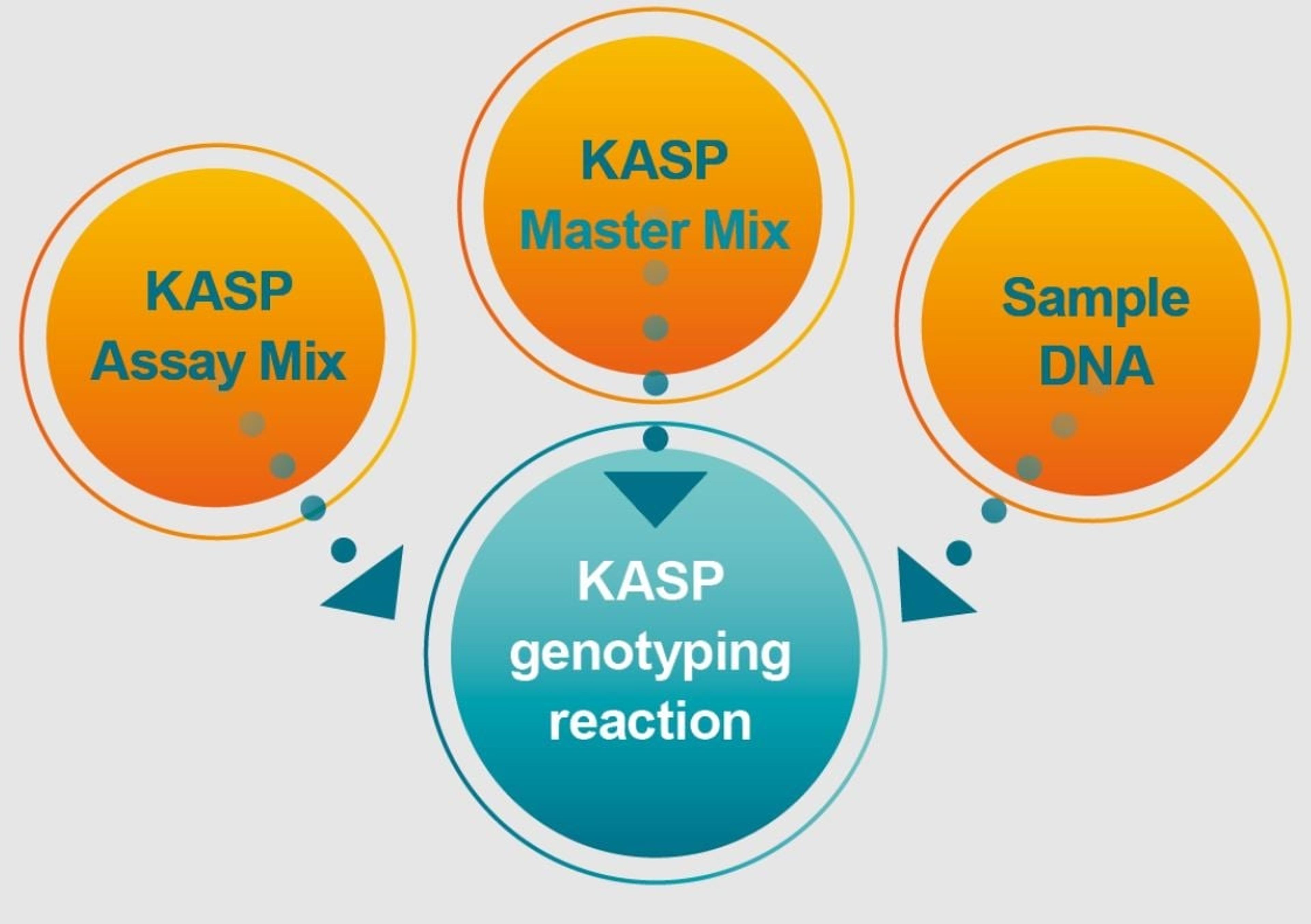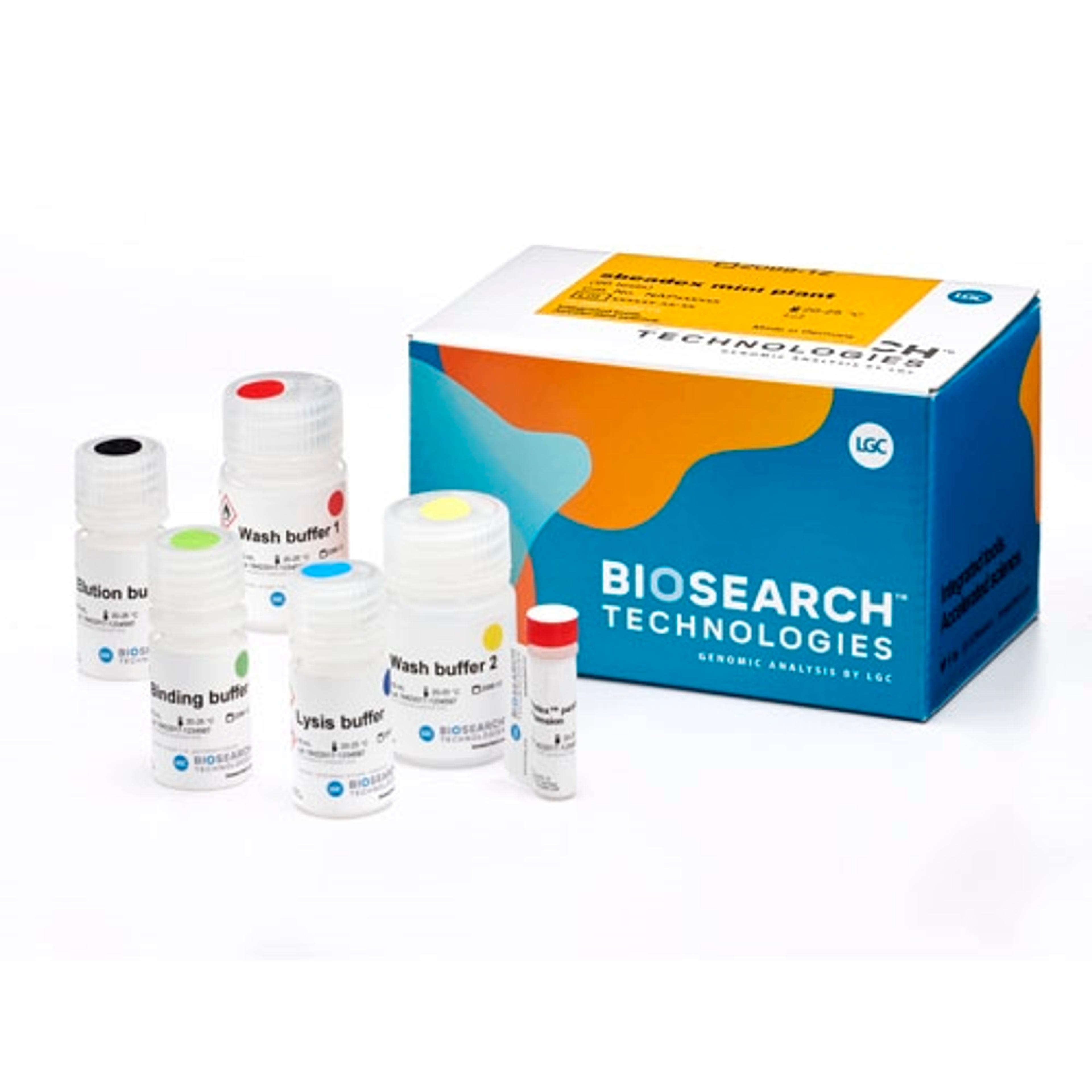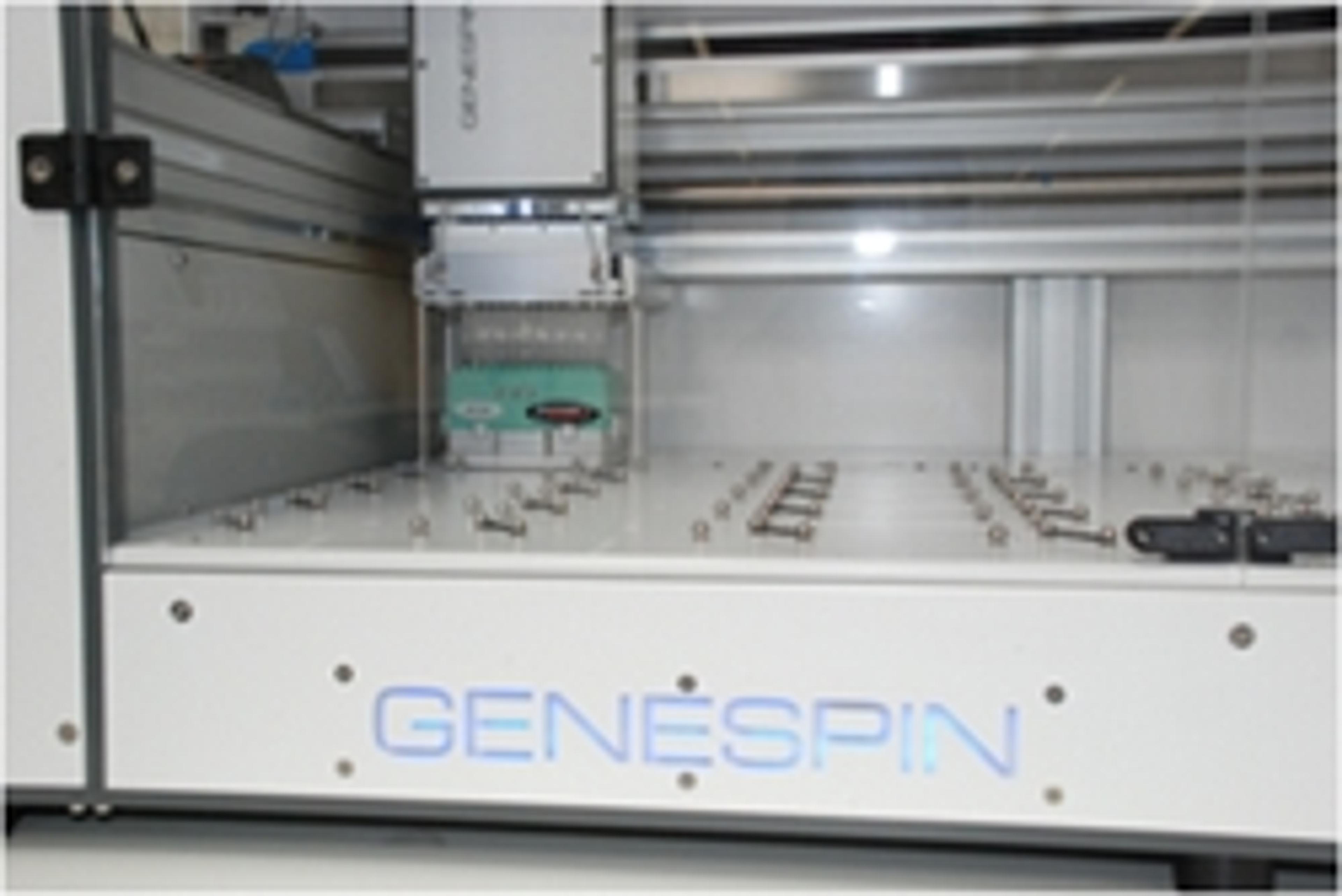LGC and the African Orphan Crop Consortium (AOCC) Expand Co-Operation to Accelerate Marker-Assisted Selection
7 Jul 2015
LGC and the African Orphan Crop Consortium (AOCC) expand their partnership, using LGC’s proprietary genomic technologies to accelerate crop breeding for members of the AOCC. The AOCC is an international effort to improve the nutrition, productivity and climatic adaptability of Africa’s most important food crops, helping to decrease the malnutrition and stunting rife among the continent’s rural children. The African Orphan Crops Consortium (AOCC) was launched at the Clinton Global Initiative (CGI) annual meeting in 2011.
AOCC’s goal is to sequence, assemble and annotate the genomes of 101 traditional African food crops, which will enable higher nutritional content for African society over the decades to come. This new multi-year agreement allows members of the AOCC to access the complete range of world leading genomic services, powered by LGC’s KASP and SNPLine genotyping technology, for accelerated plant breeding, and LGC’s proprietary nucleic acid extraction technology, using oKtopure and Genespin extraction platforms, Sbeadex and Kleargene spin extraction chemistries, and LGC’s Plant Sample Collection Kit. These technologies, coupled with over 20 years of experience resulting in extracting more than 10 million samples, have allowed LGC to develop proven high quality, low cost extraction protocols to deliver world leading outsourced genomics services.
African Orphan Crops are African food crops such as finger millet, spider plant and bambara groundnut, among many others that are primarily grown for subsistence as they are not commercially viable. This fact has led to their neglect. The 101 targeted crops are the ‘back garden’ crops of rural Africa, home to approximately 600 million people. This initiative aims to improve the nutrition, productivity and climatic adaptability of some Africa’s most important food crops, helping to decrease the malnutrition and stunting rife among the continent’s rural children.
Marcus Wills, Commercial Director, Genomics, LGC, explains, “We are excited to be working with the AOCC to improve the nutrition, productivity and climatic adaptability of Africa’s most important food crops. In keeping with LGC’s vision of ‘science for a safer world’ this partnership covers design, development and validation of KASP genotyping assays which support plant genomics and breeding of critically important crops.”
Dr Allen Van Deynze, AOCC technology lead, agrees, “LGC is a perfect partner for AOCC and its extensive African collaborators. This agreement provides low-cost genotyping for African breeders working on Orphan crops, allowing them to directly incorporate the latest technologies into their breeding programs”





